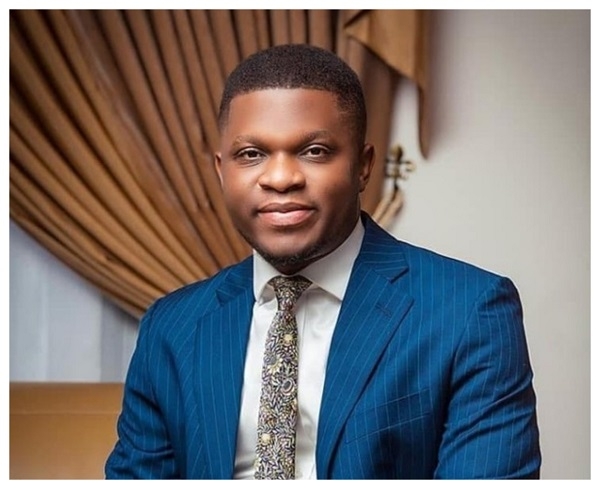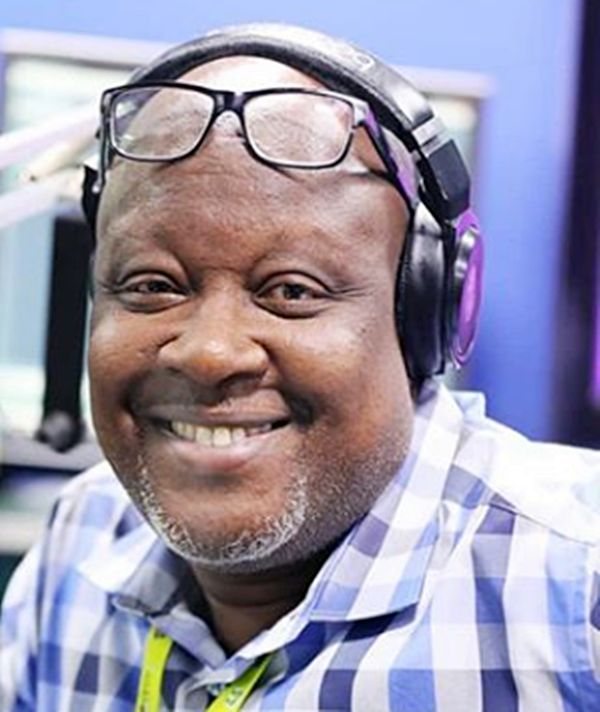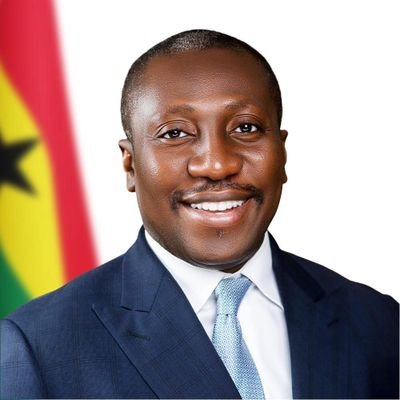The New Patriotic Party (NPP) has cautioned the government of the National Democratic Congress (NDC) and the Ghana Gold Board to immediately halt the purchase of gold from illegal miners, popularly known as galamseyers.
In a statement issued by the party, the NPP expressed deep concern that by buying or utilising gold sourced from unlicensed small-scale miners, the Gold Board and, by extension, the government are directly promoting the illegal mining trade that has caused widespread destruction of Ghana’s rivers, forests, and ecological systems.
According to the NPP, such actions undermine the national fight against galamsey and send the wrong signal that the Mahama administration condones and supports illegal mining activities.
“By purchasing gold from illegal miners, the Gold Board and the government are not only legitimising galamsey operations but also contributing to the continued degradation of the environment,” the statement warned.
The party stressed that government agencies should be leading the charge against environmental destruction rather than incentivising it through official gold purchases from unlicensed sources.
Historical Context
Ghana’s struggle against illegal mining dates back decades, but the problem escalated in the late 2000s and early 2010s when unregulated small-scale mining proliferated across mining-rich regions such as Western, Ashanti, and Eastern.
During the previous Mahama administration (2012–2016), the government faced intense criticism for failing to control the galamsey menace, which led to massive pollution of major rivers, including the Pra, Ankobra, and Offin. In 2016, reports from the Water Resources Commission warned that several water treatment plants risked shutdown due to siltation and chemical contamination from illegal mining activities.
In response, the subsequent Akufo-Addo administration launched “Operation Vanguard” and later “Operation Galamstop” in 2017, deploying military and police task forces to clamp down on illegal miners. The government also introduced the Community Mining Programme to regulate small-scale operations and formalise the sector.
However, recent allegations that the current Mahama-led NDC government is purchasing gold from illegal miners through the Ghana Gold Board have reignited public debate about the government’s commitment to fighting galamsey. Critics argue that such practices effectively reverse years of progress made under the previous administration’s anti-galamsey campaign.
The NPP, in its statement, called for immediate investigations into the Gold Board’s procurement practices and urged the government to reaffirm its commitment to environmental protection, good governance, and responsible mining.
“Our rivers, forests, and farmlands are the lifeblood of future generations,” the statement concluded. “No government should trade them for short-term political or economic gain.”
Chairman of Parliament’s Subsidiary Legislation Committee, Patrick Boamah, said GoldBod’s activities raise serious concerns about transparency, accountability, and compliance with its own governing law.
“If you visit the Gold Board’s website right now, you won’t find the information required by law, the Gold Board was established in April, and we are now at the end of October well over a quarter later yet there’s still no disclosure of gold sources or related data,” Mr Boamah said.
He expressed frustration that, while the Board has been active in appointing brand ambassadors, donating vehicles, and making public gestures, it has failed to meet basic legal obligations under Section 42 of its establishing Act.
“What the law requires them to do hasn’t been complied with and that’s dangerous, this is happening at a time when the World Bank, the European Union, and other international bodies are watching how Ghana is handling the fight against galamsey,” he added.
Mr. Boamah also questioned the integrity of the Gold Board’s supply chain, asking, “Where is the Gold Board getting all that gold from? Is it from responsible mining companies, small-scale miners, or galamsey sites?” He warned that without transparency, the state could be unknowingly fueling illegal mining.
The MP further raised alarms over what he described as illegal fees and charges being imposed by GoldBod, noting that Parliament has not approved any fees for the institution.
“I’ll be pursuing both the Bank of Ghana and the Gold Board on these issues, some of these charges are already under scrutiny by the World Bank and IMF.
There are also pricing and loss issues that GoldBod, the Bank of Ghana, and the Finance Ministry must address,” he noted.
Mr. Boamah announced plans to file a parliamentary question to compel the Finance Minister and the Governor of the Bank of Ghana to explain the basis for GoldBod’s financial practices.
He revealed that in response to a letter he wrote to the Board, GoldBod confirmed that since its establishment, it has licensed one sole aggregator, 21 self-financing aggregators, 204 tier-one buyers, and 420 tier-two buyers.
“GoldBod isn’t even a year old,” he noted. “So what due diligence did they conduct before licensing this many companies?”
The lawmaker also questioned how the Board is funding its operations, saying a letter from the Ministry of Finance confirmed that no budgetary allocation had been made to the institution.
“The Ministry has not received, transferred, or made any allocation to the Gold Board,” he quoted from the letter signed by the Ministry’s Chief Director.
“So the question is: how is the GoldBod being funded? Is it from the Central Bank? Is the Bank of Ghana printing money to fund the GoldBod? Why should that be happening



